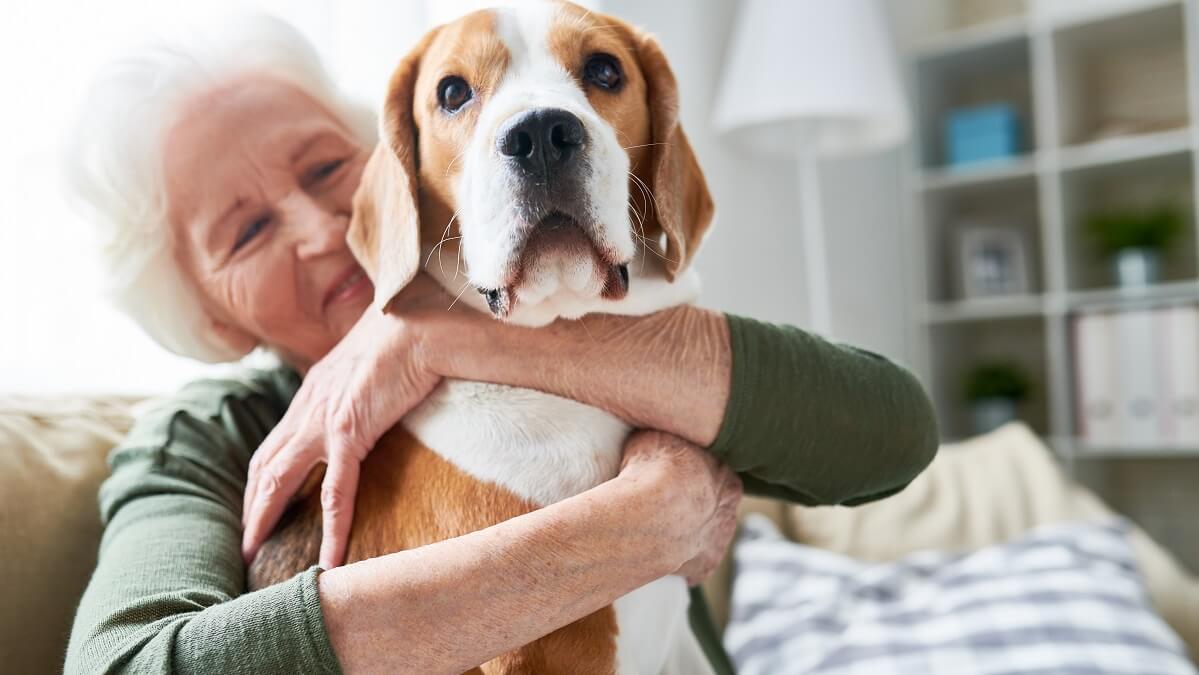As Australians, we’re known for our love of pets, with dogs often considered part of the family. It’s not uncommon to see our furry friends being treated with the same affection we’d show any other family member. However, a recent celebrity admission has sparked a conversation about the boundaries of pet-human interactions, particularly when it comes to showing affection.
The host of The Traitors, aged 52, made a startling revelation on the Where There’s a Will There’s a Wake podcast, admitting to being so enamoured with her puppy that she sometimes engages in mouth-to-mouth contact, including inserting her tongue into the dog’s mouth. While this might sound like an expression of love to some, experts are raising red flags about the potential health risks associated with such intimate contact with our furry companions.
Veterinarian Dr Katrina Warren cautions against letting dogs lick your face, especially near your mouth or any broken skin. While a dog’s saliva is unlikely to cause issues on unbroken skin, the risk of transmitting bacteria and parasites increases significantly when saliva comes into contact with mucous membranes or open wounds. ‘Worms and bacteria are your big things to be aware of,’ Dr Warren explained during an interview with Today Extra’s Belinda Russell and David Campbell. She suggests that while many people allow their dogs to lick their faces, it’s not really necessary and could pose health risks.
Adding to the concern, a team of researchers from Penn State University has found that household dogs can be carriers of zoonotic pathogens, such as salmonella, which can lead to serious illnesses in humans. Symptoms of salmonella infection include diarrhoea, fever, and abdominal cramps, with some cases leading to life-threatening complications. The study emphasises that ‘household dogs represent a risk for the spread of antimicrobial-resistant salmonella’ and stresses the importance of ‘better awareness’ and proper hygiene to prevent potential infections.
The researchers point out that while salmonella is often linked to agricultural sources like eggs and beef, dogs can also be vectors for the disease. Sophia Kenney, a doctoral student involved in the study, highlights the contrast in our interactions with different animals: ‘We don’t let cows sleep in our beds or lick our faces, but we do dogs.’
So, what does proper hygiene look like when it comes to our pets? It involves setting boundaries, such as not allowing pets to lick our faces or engaging in mouth-to-mouth contact, which can increase the risk of spreading diseases. It’s essential to maintain good hygiene practices, like washing hands after handling pets, and ensuring that pets are regularly checked and treated for parasites.
Have you ever experienced a pet-related health scare, or do you have any hygiene tips to share for keeping both you and your pet safe? We’d love to hear your thoughts and advice in the comments below!

